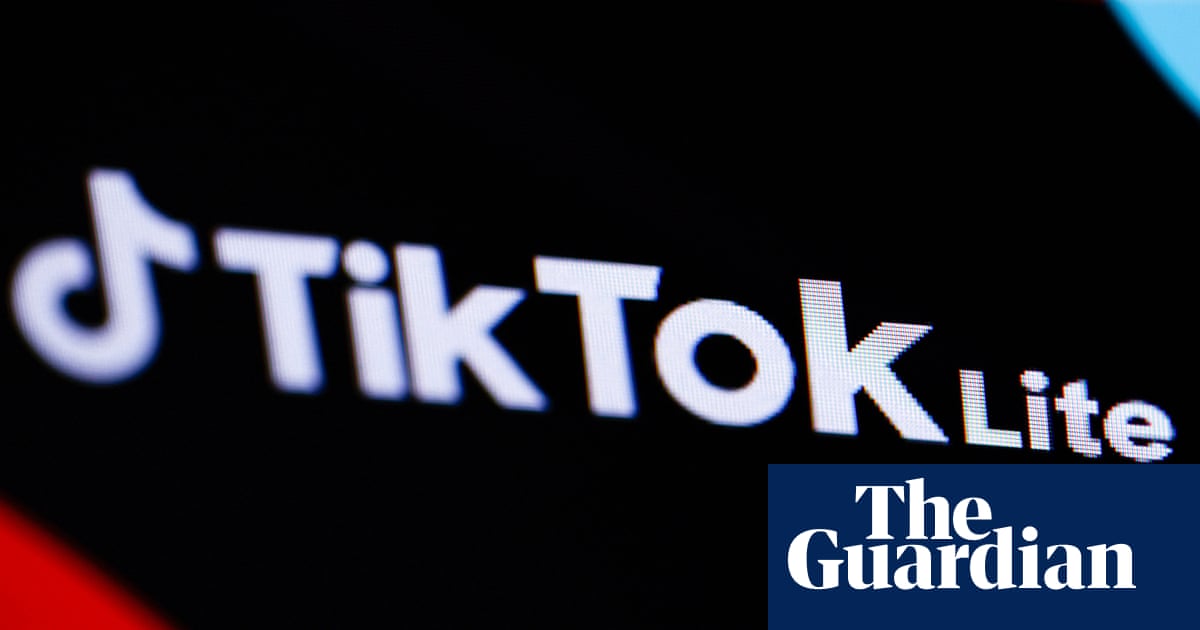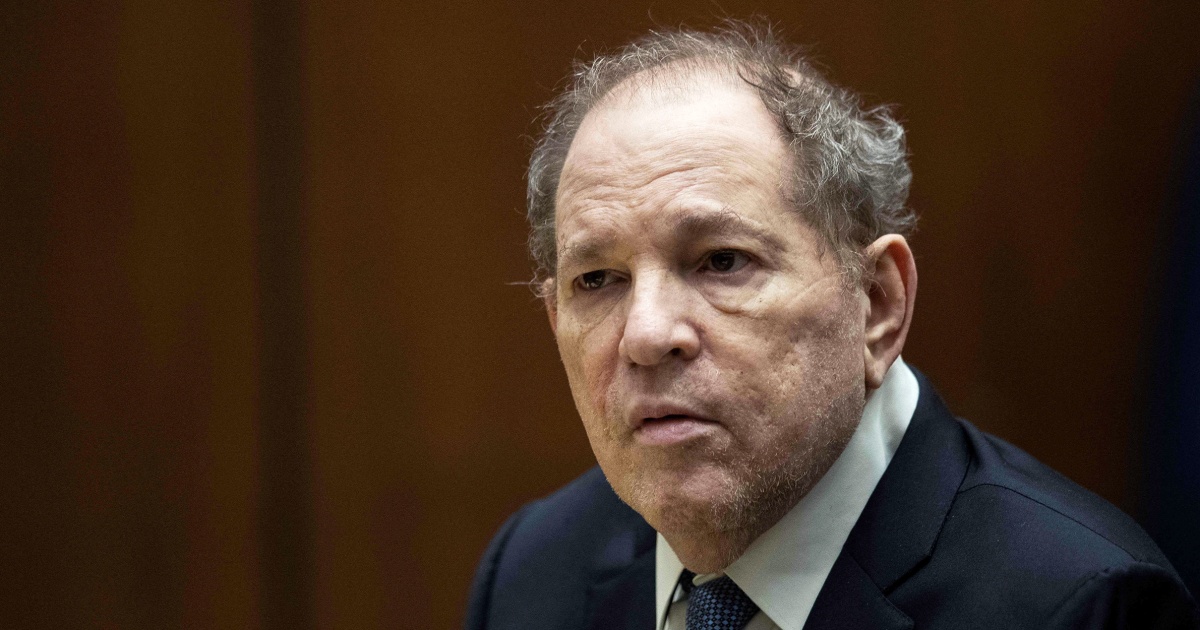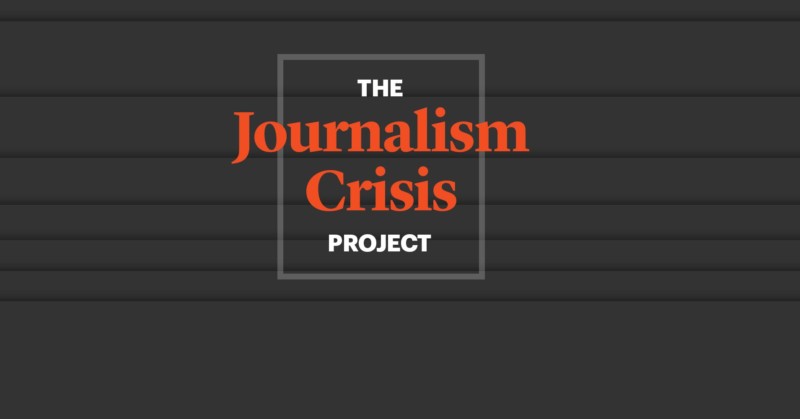
Five ministers of competition discuss Big Tech regulation.
Regulating big tech has become a global preoccupation ; how such regulation might affect journalism is less clear. A couple of months after the controversial Australian News Media and Digital Platform Bargaining Code came into force, requiring Google and Facebook to pay for news in the country, competition ministers around the world are considering whether to adapt it and adopt it at home.
In the past, European governments have tried to use copyright law to get Google and Facebook to pay for news; they are continuing down that route with the recent European Copyright Directive .
At a recent webinar for Columbia University, five competition ministers discussed their plans. Andreas Mundt, president of Germany’s Federal Cartel Office , reported that Germany is implementing legislation as required by the European Copyright Directive , which is likely to help publishers. In France, there have been long standing battles over copyright, but news outlets are now finally starting to negotiate with Google as France implements its national legislation.
Australia did not use copyright law in its efforts to get Google and Facebook to pay for news. Instead, it used competition law on the grounds that there is a dramatic power imbalance between Google and Facebook and news outlets. Accordingly, the code says that if the two sides cannot agree on a price, then they must go into “final offer arbitration.” Also known as “Baseball Arbitration,” this kind of arbitration—used widely in Australia—is lauded as a way of getting unequal parties to come together quickly. Soon after the Australian law was passed, Canada said it would emulate it; South Africa is interested, too.
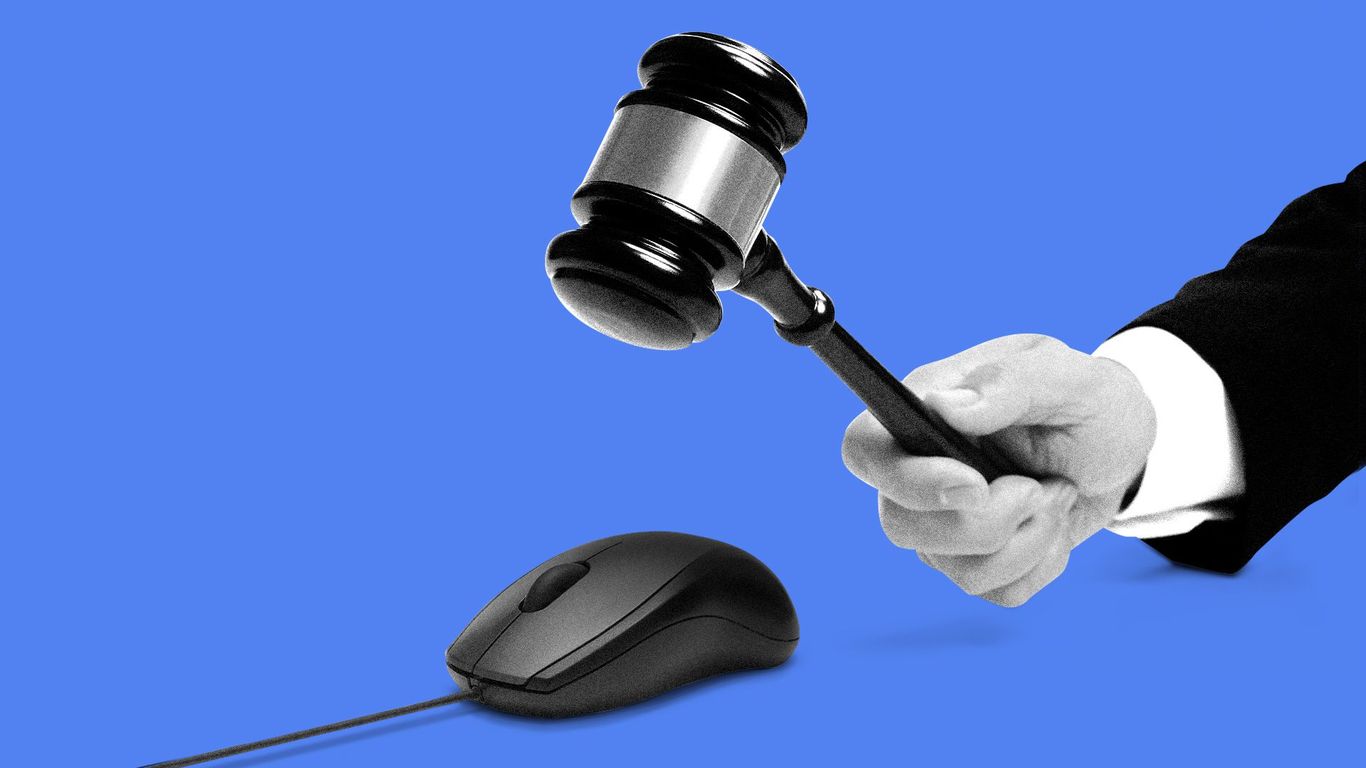

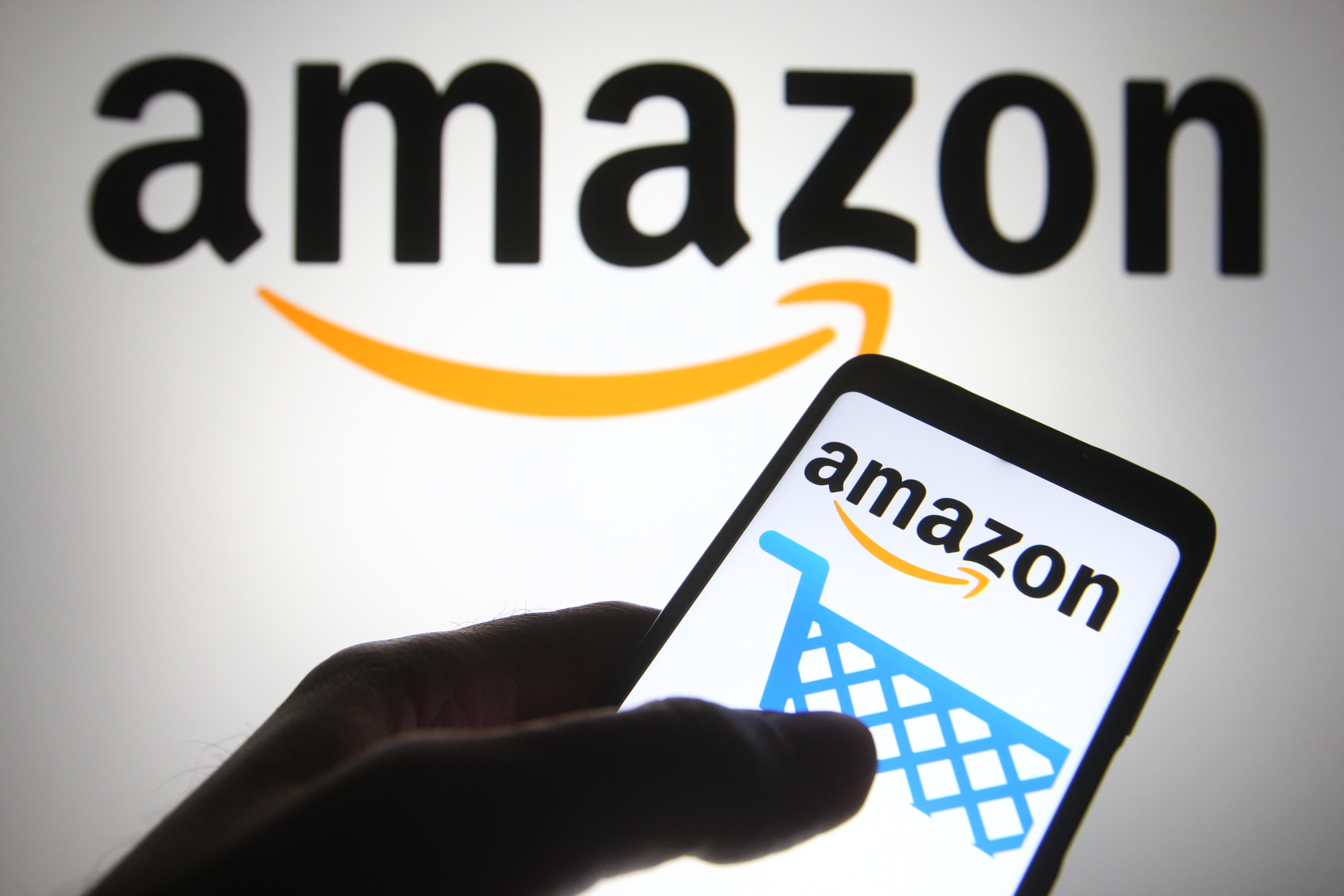




:focal(1800x1210:0x0)/cloudfront-us-east-2.images.arcpublishing.com/reuters/MYYE4IDMZVLXVLDZRNOVBQGCAU.jpg)

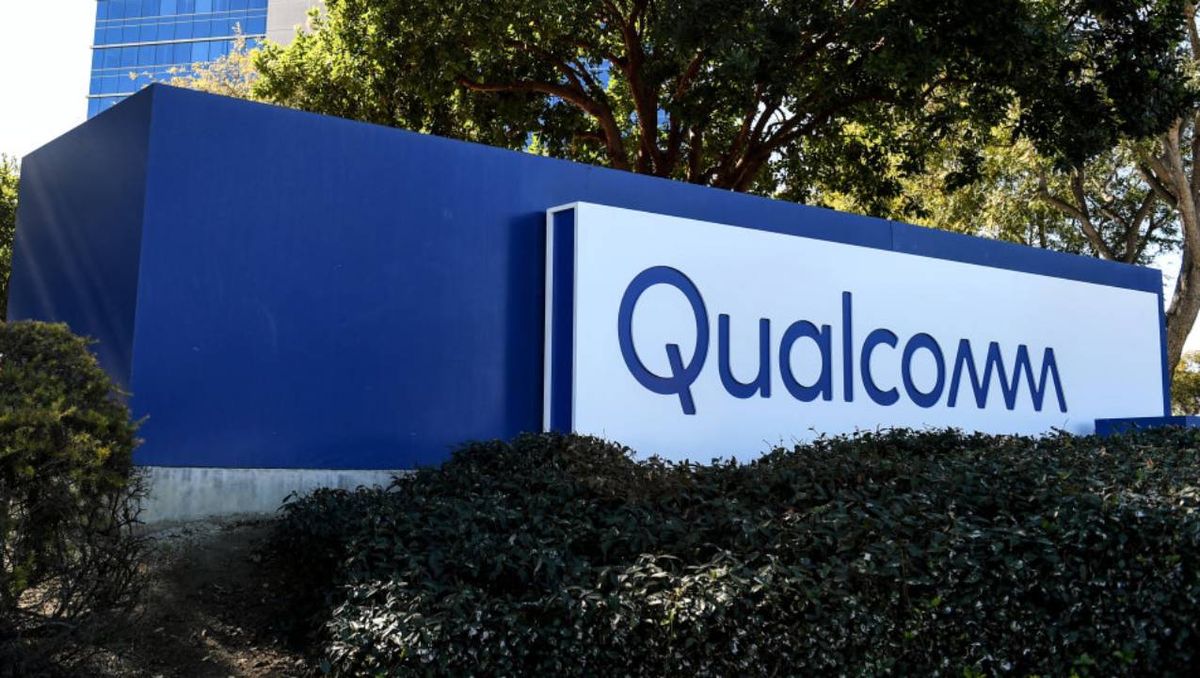


/cdn.vox-cdn.com/uploads/chorus_asset/file/25416369/STK473_NET_NEUTRALITY_CVIRGINIA_A.jpg)



